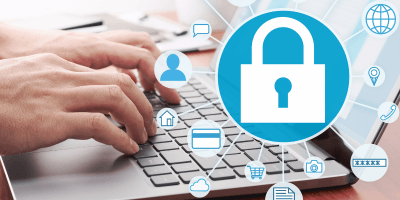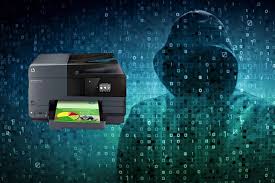Security Risks From Printers - Know Your Risk
Imagine credit card numbers for all of your customers and how valuable they are to your business. Now think about how valuable they would be if they...

Does the idea of data security and your confidential business data being accessed by users around the world who aren't your employees scare you? Did you know that network security issues can surface for days, weeks and months before you or your IT department might even be aware?
IT security professionals have a difficult time keeping up with the latest data security threats and counters. It's nearly impossible for the one and two-man IT departments of small businesses to stay on top of everything. Keeping anti-virus programming up-to-date on all employee computers is a core piece of any security strategy, but the truth is many small and medium businesses don't have the in-house expertise to keep on top of data security issues. And with IT security expertise increasingly in demand, it will become harder and harder to keep these experts on staff for smaller businesses.
So with all of this doom and gloom, what are small and medium business owners to do? The Federal Communications Commission (FCC) recommends ten tips geared toward small business security. The list may look daunting, but with the help of Fraser's Managed IT Services, you can accomplish your goals and remain secure.
Ten Cyber Security Tips for Small Businesses
This list can be quite a daunting task. At Fraser, we know the importance of data security and keeping your business safe and protected. Talk with your IT staff to ensure your company is doing the minimum to keep your data secure. If you don't have dedicated IT staff, consider Fraser's Managed IT Services to help you stay protected.

Imagine credit card numbers for all of your customers and how valuable they are to your business. Now think about how valuable they would be if they...

Relying on outdated technology can cost your business in more ways than you think.

With the ongoing occurrences of cybercrimes and the various news cycle that follows them, businesses are aware of the threats out there . While many...